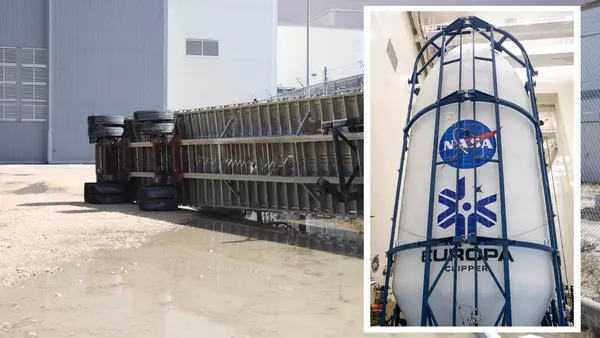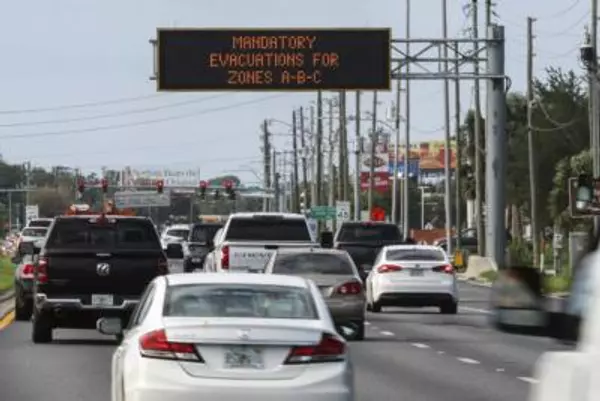
Dozens of the nation’s top emergency chiefs, who spoke out in the wake of the devastating bushfires two years ago, have now criticised the Morrison government’s “fumbling” response to the floods disaster.
Thirty-seven members of the Emergency Leaders for Climate Action, led by former NSW fire and rescue commissioner Greg Mullins, say the government was warned in October last year about the prospect of massive flooding over summer, and did not adequately prepare for the devastation that has resulted in New South Wales and Queensland.
“The government knew what was coming and it did not adequately prepare our communities or first responders,” Mullins said.
“Time and again this government fails to listen to expert advice. There are 80 recommendations of the royal commission into national natural disaster arrangements gathering dust. The government has failed to implement them.
“Those of us who do hold hoses know just how dangerous climate change has become. Australia is under-prepared, and Canberra has no answers to how it will rapidly slash emissions this decade.”
The royal commission’s report in October 2020 said Australia was likely to see compounding disasters, with cascading effects that not only threaten lives and homes “but also the nation’s economy, critical infrastructure and essential services, such as our electricity, telecommunications and water supply, and our roads, railways and airports.”
Among the recommendations from the report the group said have been not taken up by the government, include integrating of Australian government disaster management. The group said Emergency Management Australia and the newly formed National Recovery and Resilience Agency operate in two different government portfolios and effectively compete for resources.
Other recommendations such as making sure state and territory agencies have interoperable comms systems have also yet to be completed, with the group arguing the federal government should take ownership of the issue to broker an outcome among the states.
Labor’s shadow defence minister, Brendan O’Connor, on Sunday flagged a future Labor government would consider establishing a separate civilian agency to be deployed in times of natural disasters to avoid the increasing reliance on the Australian Defence Force, stating it was not sustainable.
The NSW State Emergency Services also defended refusing ADF offers of assistance to Lismore on 25 February. Commissioner Carlene York said the forecast at the time for the northern rivers was minor to moderate flood levels. She said at that time, the NSW SES resourced to those levels.
“Now history would tell us when we look back in hindsight, those flood levels went past the maximum flood reward level and went to almost 14.4 metres, which is two metres above anything we have ever experienced in that area.”
She said they were relying on local experience, and experienced volunteers in the area had not seen floods at this level.
On Sunday, the prime minister, Scott Morrison, agreed that Australia was becoming a harder place to live as a result of climate change, but disagreed that the Coalition had taken a long time to move to that view.
“Dealing with climate change isn’t just about getting emissions down. It’s about resilience and adaptation,” he told Nine’s Today program.
“You want to deal with resilience on bushfires, you have to do fuel load management. You want to deal with floods, you’ve got to build dams. Now it hasn’t been the Coalition that has been against reducing fuel loads and building dams in this country.”
Former deputy director general of the NSW State Emergency Service and flood expert Chas Keys said the disaster shows business as usual can’t continue, and there needs to be a drastic cut back on mining and the burning of fossil fuels.
He said there also needed to be a reset in managing disasters, with more focus currently on relief and recover and not mitigation.
“There is no more manageable hazard in Australia than flooding: we know where it will occur, we’re usually warned ahead of it and we can predict what its effects will be. We’re just not managing this risk well, and it hurts us over and over again to a greater extent than it should.”







